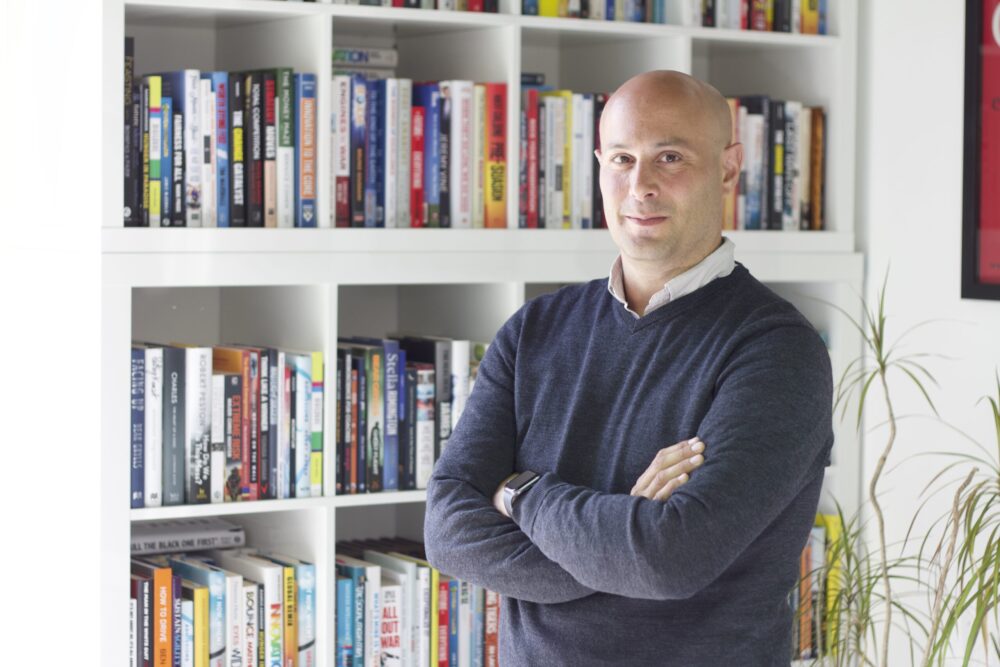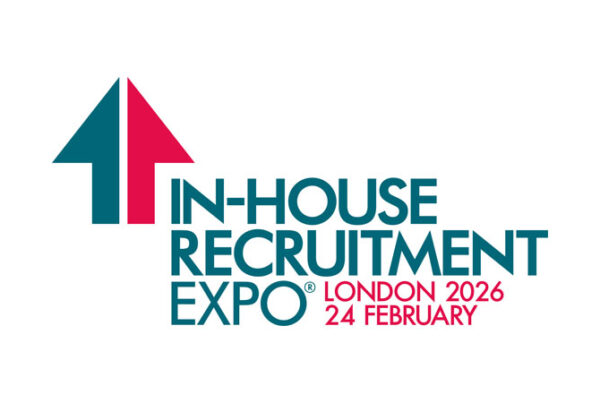Written by Nick Gold, MD of leading UK and international speaker bureau, Speaker’s Corner
At this time of year, with Happiness at Work Week (20-27 September) taking place, businesses are starting to look forward with a small degree of optimism. This optimism is not necessarily derived from the current state of their business or even their sector, but rather from being able to make proactive plans rather than in reactive mode which has been the default setting for the past 18 months. This is a challenge, but one which can be met with a degree of excitement and anticipation as the business has a chance to make an impact both within its business surroundings, but also for the people who work within the business.
And as we look forward, we fully understand the landscape has changed from a personal perspective for the employees that work for any company. The pandemic has brought, for everyone at any level, an internal retrospective of what is important to them, a challenge to their values, their beliefs, and their drivers. The status quo, which existed for many years in lifelong careers- built on foundations for the future and a structured work life with a 9am-5pm existence, is nothing more than a distant memory. There is an appreciation that while our work and personal lives are of course distinct, they are also immeasurably intertwined.
There has been a re-evaluation of people’s expectations of work, who they work for, why they work, what they do and how their work can help them achieve their life goals including not only what they want to do, but who they want to be in life. Work is now a part of every individual’s whole being as opposed to a separate personality within their life. Pre-pandemic, there was significant research which said that Gen-Z on average had 5 different personas within their social media accounts to reflect different aspects of their lives. My supposition is that the pandemic has brought all of us, not just Gen-Z, to an aspirational goal that we are no longer having to create different personas dependent on situations as every choice we make is for us to be our true selves.
For the employer and at this time of year when ‘Happiness at Work’ week comes to the fore, this creates challenges which should be embraced and open a world of opportunity. The return to, and the future of the workplace has led to many discussions about remote working balanced against office working.
The advent of hybrid working (the buzz word of the day) seems to advocate a balance between the two and straddles the media outcry that it is a linear choice between one way of working or the other.
But life isn’t clear and linear nor does hybrid working create a balance which delivers clarity and happiness for all.
This is therefore a chance for an employer to treat each of their employees as an individual and deliver to them the platform and environment for them to have the opportunity to embed their work into their lives with a smile on their faces and a sense of completeness as work becomes part of who they are, not a separate identity.
Business leaders need to take the time to understand what its lines in the sand are and what it needs from its employees for the business to thrive. This does not mean putting in processes which define how people should work or where they should be, but rather what it needs from its employees to help benefit the business.
This could be as simple as the whole business being together for an hour a week or for each team to spend time together. This could be flexibility around core hours or hours of work. This will be different for all business but is not based around what currently exists or at least existed pre-pandemic but rather what will be of benefit for the business going forward. It might even be dependent on the role of the person within the business or even the length of time they have been at the company.
Within these parameters, the business can then offer their employees the choice, the flexibility of their working days in the office or remote working to help everyone on their path to achieving happiness not only within the workplace, but in their journey through life.
This is much easier to write in words than it is to put into practice. For every new direction business takes it leads to more questions and more dilemmas. But just as individuals are trying to find a pathway through to achieve our happiness at work, at play and at life, so are businesses seeking to find their new meaning and ways in this new environment.
With an open culture, with a spirit of transparency, with dialogue and conversations, then not only is this new way of thinking focussed on the business delivering to their employees but also for the employees to be part of it. It means the employees understand the choices being made and why. It means the individuals within the company take ownership of what doesn’t work as much as what works.
With this co-operation and community, not only will this deliver great happiness in the workplace for the people within it, not only will it deliver an environment for a business that means it is set to push forward but also it will bring the business and the people who work for it closer together and on a pathway of growth.




